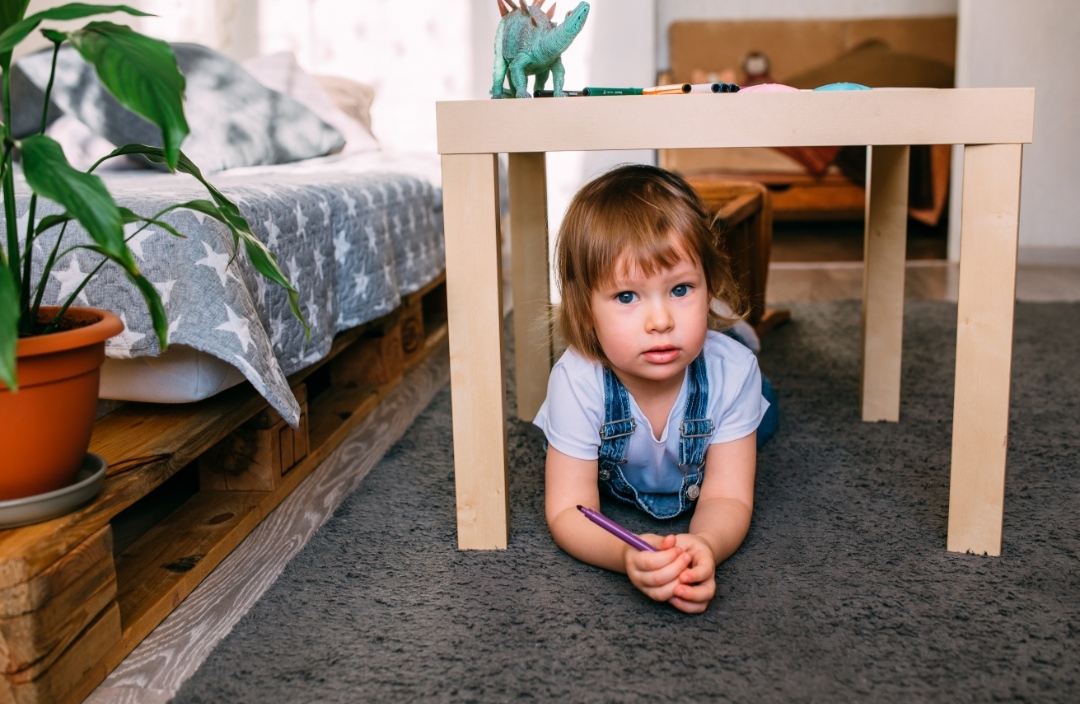– By Siyona Varghese
Kids and families today lead hectic lives. This makes it challenging to prepare daily meals from scratch. A lot of youngsters’ diets include takeout and other convenient foods. Getting your kids to eat healthily can be difficult due to peer pressure and junk food availability and commercials on TV. The health of your child may suffer as a result. Some of the issues caused by improper diet can continue into adulthood.
However, adopting a nutritious diet can have a significant impact on your child’s health, helping them in maintaining a healthy weight, regulating their moods, improving their memory, and reducing the number of health issues. A nutritious diet can also have a significant impact on mental and emotional health of your child. It can assist in the prevention of disorders such as ADHD, anxiety, depression and so on. It is vital to keep in mind that your children do not naturally crave junk food such as burgers and pizza and dislike green veggies. As youngsters are exposed to an increasing number of bad food options, they gradually develop this conditioning. You may, however, change your kid’s food preferences so they start to seek healthier meals. Keep healthy food options available to your children while keeping junk food out of sight. Maintain consistent food timings everyday and ensure they eat on time so they don’t develop cravings.
The earlier you start introducing healthy, nutritious meals to a child’s diet, the simpler it will be for them to form a positive, lifelong relationship with food. It might also be quicker and easier than you think. Using these suggestions, you can teach your children good eating habits without making mealtimes a struggle, giving them the best chance to develop into healthy, balanced individuals. You can encourage and teach your kids to eat properly in a variety of ways including the following.
Tips to encourage your children to eat healthy
Set an Example: The greatest method for you to promote healthy eating is to practice good eating yourself. Children will take after the adults they regularly interact with. You’ll be conveying the appropriate message if you consume fruits and vegetables in moderation rather than overindulging in less healthy foods.
Serving reasonable portions and avoiding overeating are two other ways to set an example for the kids (1). Talk to younger kids in particular about your emotions of fullness. You might say, “Although the food tastes really good, I’m going to stop eating now since I feel already full.” Children may take after their parents who constantly diet or worry about their physique, in the same way. Maintain a cheerful attitude when discussing food.
Involve children in decision making: You can include young kids in decision making especially if they are 4 years or older. Allow your children to assist you in grocery and meal planning. You can teach kids how to read food labels, if they are able to read, so they are aware of the nutrient content of the items they are selecting. Further, they can assist in the meal preparation and take some responsibility for their food. The majority of children will love choosing the dinner menu. Discuss making decisions and preparing a balanced dinner with them. Choose age-appropriate duties for the kids so that they can participate without getting hurt or feeling overloaded (2).
Also, don’t forget to thank the cook when the meal is ready. Kids should participate in decision making for another crucial reason: it might help them develop the skills necessary to make wise choices about the meals they wish to eat on their own. Even though it’s not a guarantee, the mealtime routines you help them establish today may inspire a lifetime of healthy decisions.
Limit Outside Food: Apps for food delivery have grown rapidly during the recent years. What most parents may not be aware of, is that consuming food frequently from outside the home is strongly linked with having a high BMI (body mass index) (3). Both the elderly and young populations continue to experience an epidemic of overweight and obesity, today.
You don’t have to make major changes to your family’s diet plan. Find a few healthy substitutes in your cupboard or refrigerator. Add healthier items gradually until you’ve started making better eating choices. Early in life, food preferences start appearing. Introduce various foods to your child early on. Make sure that your toddler can see the whole fruit by leaving it out on the kitchen table, this will act as a simple reminder. Reducing processed foods, and visits to restaurants and fast-food outlets will greatly improve your child’s physical health.
Do not use food as Reward or Punishment: Parents frequently give their children a “special” food item as a reward for positive behavior or a job well done. And those food items are usually unhealthy. Such parents may also be denying those foods as a type of discipline. For instance, you may have been declining to offer dessert if your kids argued or didn’t tidy up their rooms (4). However, rewarding or punishing children with food can go against the healthy eating lessons you’re attempting to teach them. Children end up frequently consuming meals that are heavy in sugar and fats, when they are used to treats like candy, chips or sugary carbonated drinks as rewards. Even worse it messes with youngsters’ inborn capacity to control their eating. Additionally, it tempts children to indulge in foods even when they are not hungry. By rewarding children with junk foods, you are sending the wrong message that junk foods are to be aspired to.
Bottom line:
What matters are the decisions your children make about their food choices, in the long run. Your children may enjoy eating ice-cream sundaes or popcorn at the movies. And that’s okay. Your kids will be alright as long as you keep the balance between fun times and healthy eating and exercise. You don’t need to work too hard to get your kids to eat healthily. If you keep providing nutritious food, kids will keep consuming it. They’ll also learn how to eat independently which is essential for long-term health. It’s time to put these strategies into use and inspire your kids to eat healthy nutritious food. Surely, you’ll be able to make meals less of a struggle for the younger generation while still promoting lasting healthy habits.
References
1. https://familydoctor.org/nutrition-tips-for-kids/
2. https://kidshealth.org/en/parents/habits.html
3. https://www.frontiersin.org/articles/10.3389/fnut.2020.00014/full
4. https://www.urmc.rochester.edu/encyclopedia/content.aspx?











